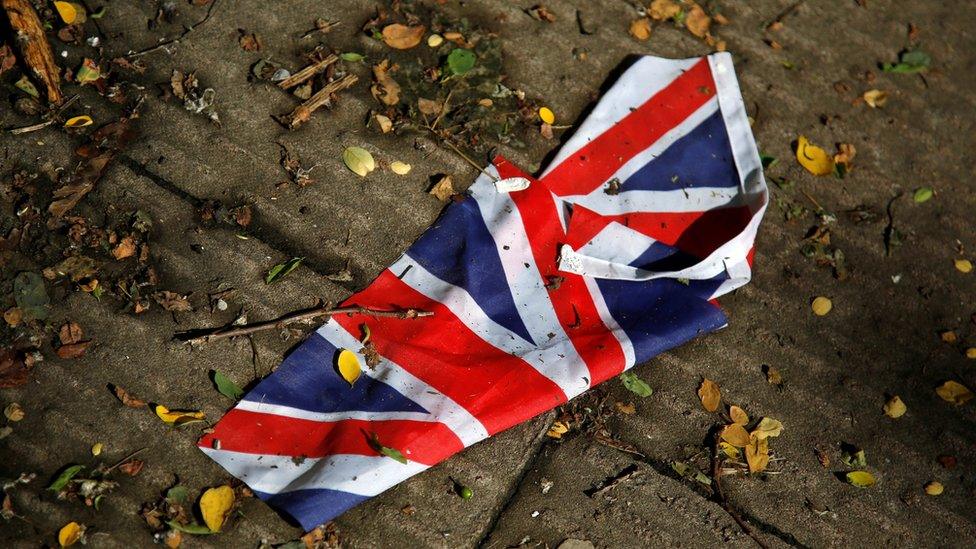Jeremy Hunt suggests second EU referendum
- Published
- comments
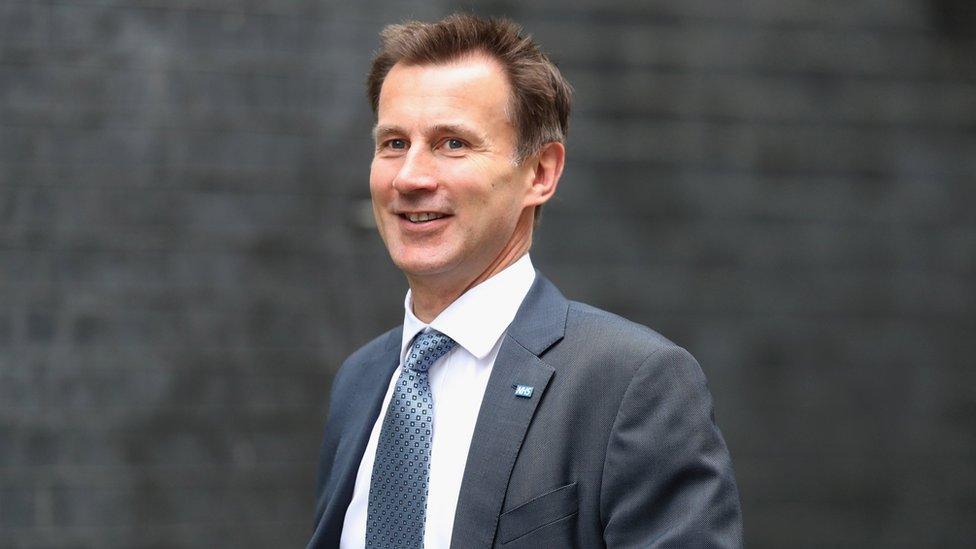
Jeremy Hunt wants the UK to negotiate a 'Norway plus' deal with the EU
People should have their say on the terms of the UK's exit deal with the EU, Health Secretary Jeremy Hunt said.
Mr Hunt, who said he was "seriously considering" a bid for the Conservative leadership, said this should be either through a general election or a second referendum.
He called for a "sensible compromise" on free movement in exchange for single market access.
Chancellor George Osborne said he would not try to replace David Cameron.
But Work and Pensions Secretary Stephen Crabb is set to declare he will stand in the contest, and backbencher John Baron is considering taking part.
The PM's resignation following the UK's vote to leave the EU has triggered a Conservative leadership contest, with Boris Johnson and Theresa May seen as the frontrunners.
A source close to Mr Johnson said he would not call a snap general election if he becomes prime minister, adding that he believed the referendum result would give him the mandate he required to negotiate the UK's withdrawal from the EU.
In an article for the Daily Telegraph,, external Mr Hunt said the UK should negotiate a "Norway plus" option for the UK with Brussels, which would see "full access to the single market with a sensible compromise on free movement rules".
Leave campaigners say the UK will get access to the single market without having to accept free movement of people - but other EU leaders have said this will not be possible.
Mr Hunt told the BBC the terms of any UK-EU trade deals would be a "huge decision" and that people should have the chance to give their verdict.
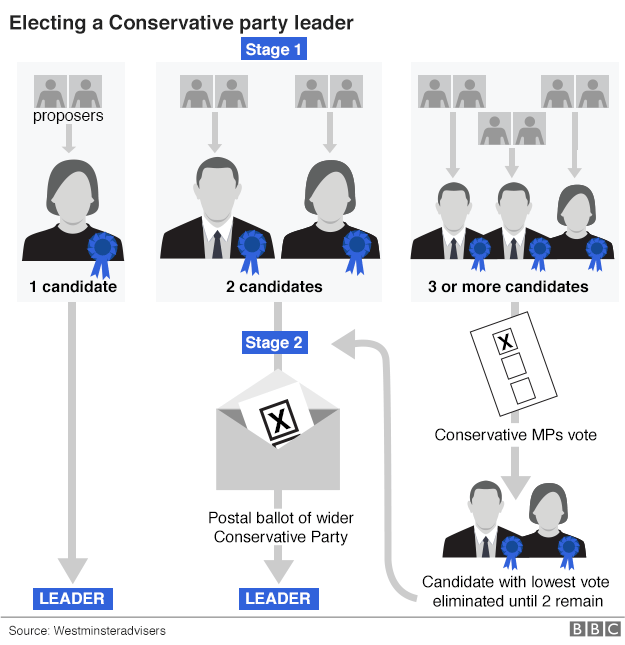
He said this could either be through a referendum or as part of the Conservative manifesto for the 2020 general election, saying the government could wait until this time before triggering Article 50 of the Lisbon Treaty, which sets in place a formal two-year process for leaving.
Nominations for the Conservative Party leadership will open on Wednesday and close the following day and a new prime minister and party leader will be unveiled on 9 September.
Mr Cameron has said he will quit as prime minister and Conservative leader by October, after the UK voted by 52% to 48% to leave the EU. He had campaigned hard for a Remain victory.
Ruling himself out of the contest, Mr Osborne, who campaigned to remain in the EU, said: "I don't think I can be the person to bring this party together at the moment."
George Osborne told the Today programme there would "absolutely" need to be tax rises and spending cuts
Speaking on BBC Radio 4's Today programme, he said: "I was full-throttled in arguing for remaining in the EU and because half my party wanted to leave the EU I don't think I can be the person to bring this party together, at the moment."
The chancellor said the right candidate to lead the party and the country was the person who is "able to articulate the clearest, crispest version of what relationship we are seeking" with the EU.
His view, he said, was that the relationship should involve "the best possible terms of trade" for services and goods.
Asked if he believed the next leader could be someone who campaigned for Remain, Mr Osborne said: "Absolutely."
But he said he was not backing any candidate "at the moment", saying his focus was on the UK's financial and economic situation.
Business Secretary Sajid Javid confirmed to the BBC he would be supporting Mr Crabb, who was promoted to the Department for Work and Pensions after Iain Duncan Smith resigned from the government in March.
Mr Baron, who represents Basildon and Billericay in Essex, is considering standing on his record as a long-time Brexit backer, to ensure the referendum decision is honoured.

The Conservative leadership election rules
The party's 1922 committee will oversee the contest. Its executive has suggested the contest should follow the system used to elect David Cameron in 2005, which would see MPs pick two candidates to put to the wider membership.
MPs wanting to stand need to be nominated by two others to get onto the ballot paper. If there are three or more candidates, a ballot or series of ballots will be held of all the party's 331 MPs to whittle down the field to two. In each round, the candidate with the fewest votes will be eliminated.
After that, a vote of the wider party - in which all Conservative members will have a say - will be held to choose the winner, with hustings taking place.
The suggested timetable had been for a leader to be in place by 2 September, with nominations opening on Wednesday 29 June and closing by noon on Thursday 30 June. However, the Conservative Party's board and the 1922 committee extended the date of the result by a week to 9 September.
It means the party will have a new leader in time for its autumn conference, which starts on 2 October - the deadline David Cameron had set when he announced his intention to resign.

According to a YouGov poll for the Times, Home Secretary Theresa May is favoured by 31% of Conservative voters to become the next leader, against 24% for Mr Johnson.
Another Leave campaigner, Energy Minister Andrea Leadsom told BBC Radio 4's Woman's Hour she was "thinking very hard" about whether to throw her hat in to the ring.
Asked if she was considering running - or if it would be better to stand aside and allow a May versus Johnson contest - she said: "I'm really thinking about it very hard."
- Published28 June 2016
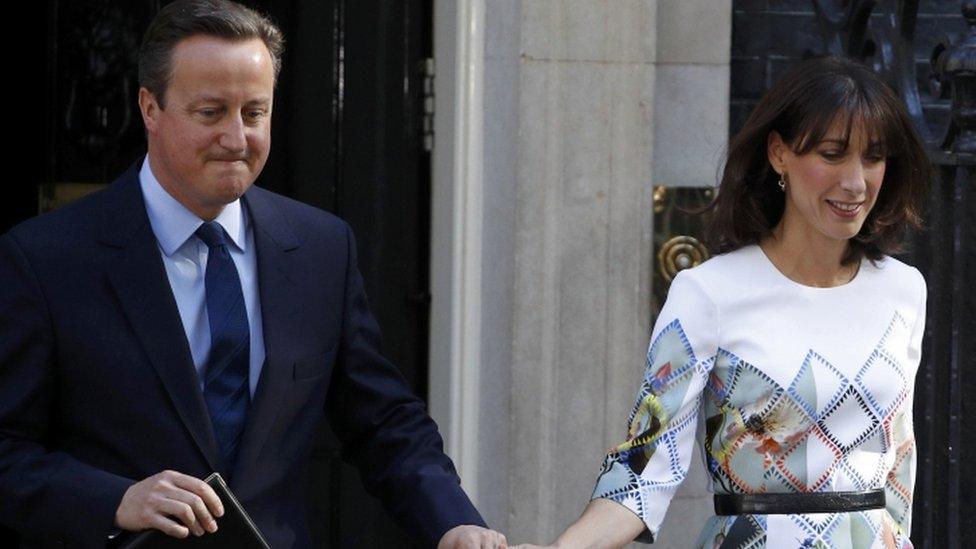
- Published28 June 2016
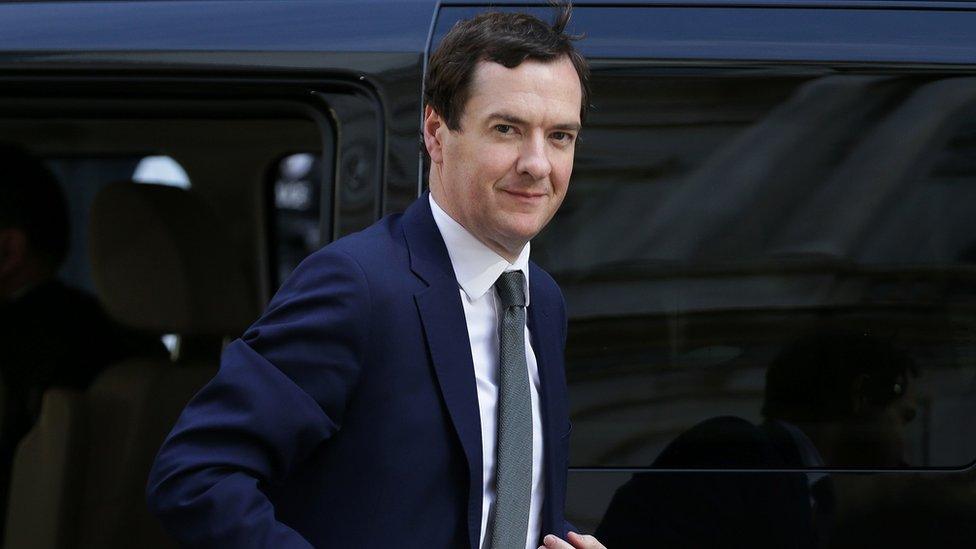
- Published1 July 2016
